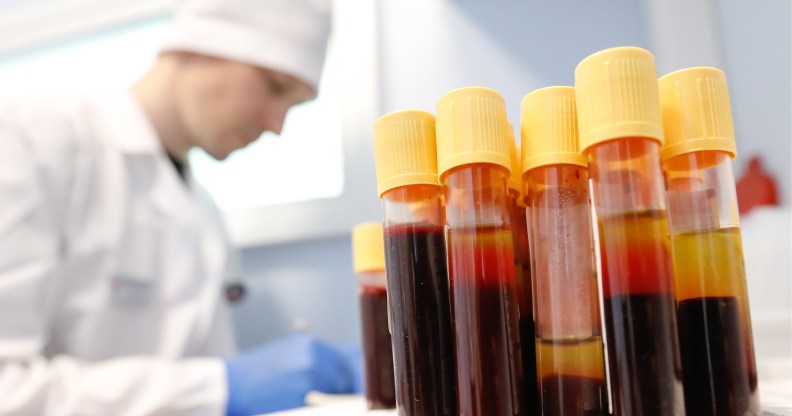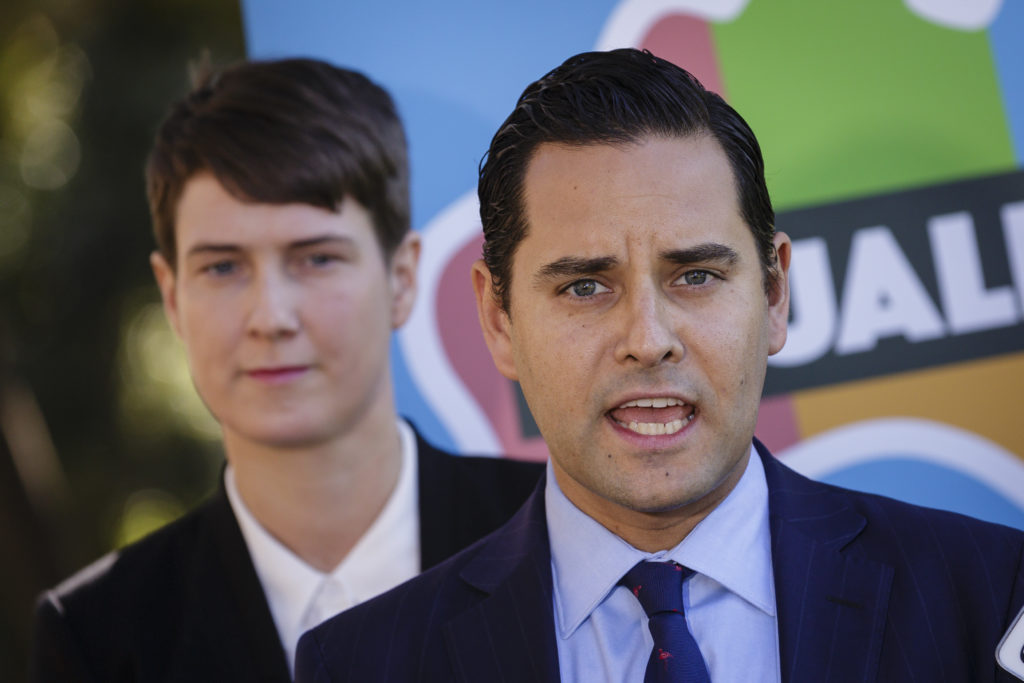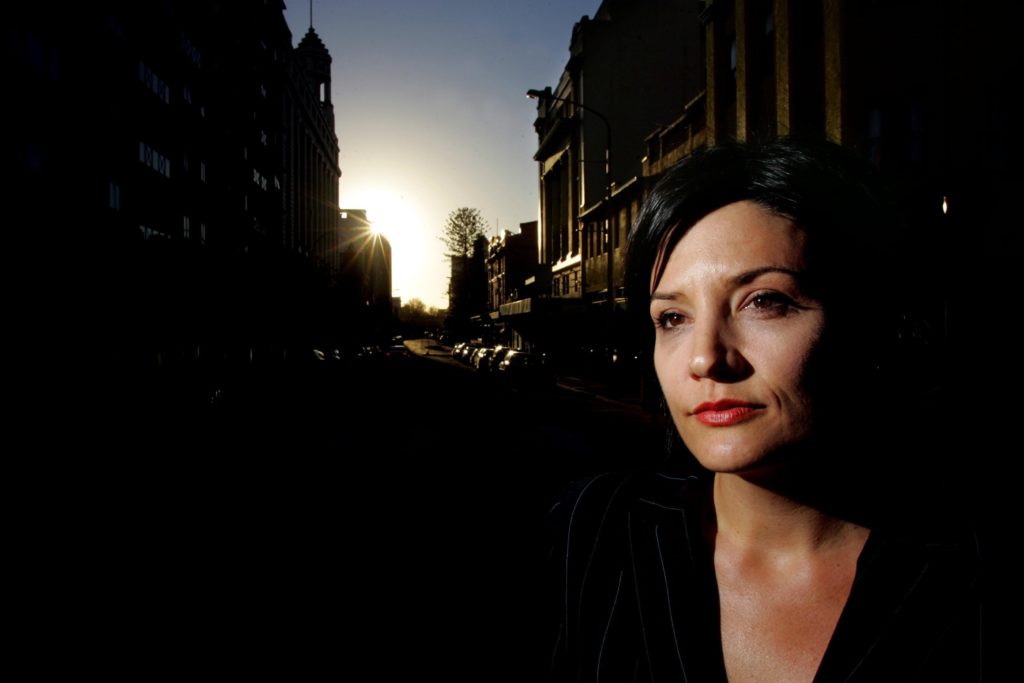Vile bill that would introduce forced HIV tests slammed by LGBT activists and lawmakers

Blood samples. (Artyom Geodakyan/Getty)
Plans for forced HIV tests for people whose bodily fluids come into contact with police – despite there being no record of this ever happening – has been widely slammed by lawmakers and activists.
New South Wales’s Labor party, Australia, signalled its intent to introduce a scheme that will allow for mandatory testing of HIV and other blood borne viruses (BBV) of those who assault police and frontline workers.
The proposed model would also give authorities the power to determine when testing occurs.
HIV experts as well as lawmakers have slammed the move, branding it unscientific and “dangerous” while urging parliament to stymie it, Star Observer reported it.
Sydney lawmaker: Plans for forced tests are ‘fear-mongering’.
Alex Greenwich, an independent member of parliament and Australian Marriage Equality co-chair has urged for lawmakers to block the proposed plan.
He described how the Labor-led policy would force citizens to submit to blood tests despite there being no realistic chance of acquiring HIV, lambasting the plan as “fear-mongering”.

Alex Greenwich from Australian Marriage Equality. (Brook Mitchell/Getty Images)
“This proposal has no basis in medical evidence to back it up and risks vexatious targeting of the LGBTI community and other vulnerable groups,” Greenwich explained.
“The LGBTI community has worked hard in recent years to develop a good working relationship with the police.
“Given the history of police violence towards us, this hasn’t always been easy, and progress has been hard won.
“This proposal jeopardises not only our relationship with law enforcement, but decades of progress in de-stigmatising the LGBTI community and winning equality in the eyes of the law.
“It is fear-mongering, pure and simple,” he concluded.
Bill aims to stop people acquiring HIV in a way that hasn’t happened in nearly two decades.
Opposition leader Jodi McKay said Labor would introduce the bill to test offenders for viruses such as HIV and hepatitis C.

Labor leader Jodi McKay. (Fairfax Media via Getty Images via Getty Images)
She implored the measure as a way to support the health of frontline workers.
Condemnation from fellow lawmakers and HIV experts did not appear to drag down Labor shadow health minister Ryan Park’s support for the scheme, however.
In a statement today the minister re-asserted that the measure is for the safety of frontline workers.
“Each year there are too many incidents where a frontline worker – as a result of violence – has been exposed to someone else’s blood and been left waiting months to find out if they have contracted a blood-borne virus.”
“That’s because there is currently no law in NSW to make a person who has assaulted, and exchanged blood with a frontline worker submit to a blood test.”
Amid bubbling criticism that the law targets marginalised groups, he said: “The only people targeted by this law are people who assault our police, paramedics, nurses and corrections officers.”
No-one in Australia has ever acquired HIV in an occupational setting like the bill’s advocates have described in the last 17 years.
While there are no reported cases of police officers acquiring HIV by coming into contact with the bodily fluids of assaulters.

